By Arabinrin Aderonke
President Bola Ahmed Tinubu recently met with Professor Benedict Oramah, president of AFREXIM Bank, during a global financing summit in Paris, France. Among various topics, they discussed the importance of a facility crucial to Nigeria’s energy diversification and transition plan.
This facility aims to reduce the largest black nation’s reliance on fossil fuel, particularly petrol, as Nigeria moves into a post-subsidy era.
A Nigerian company, participating and receiving financing through AFREXIM Bank for a project that is a result of commitments made under a pact with France.
The initiative began in 2022 when UTM offshore signed an agreement with UK’s Kellogg Brown & Root, Japan Gas & Technip Energies for the Front-end Engineering Design. The construction phase is now imminent, with the federal government showing a strong commitment to achieving $11.4 billion in export revenue.
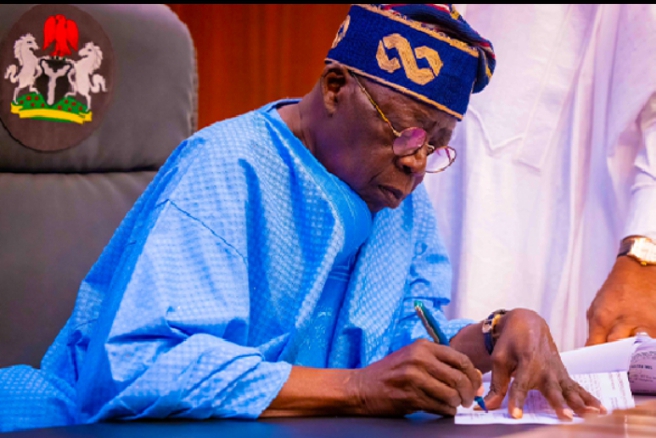
The Floating Liquefied Natural Gas (FLNG) facility will have the capacity to produce 300,000 tons of Liquefied Natural Gas (LNG) per year and will be located 60km off the shore of Akwa Ibom State-Happy Hour State. Upon completion, it will have an LNG nameplate production capacity of 1.2 million metric tons per annum, a storage capacity of 200,000 cubic meters, and additional ancillary facilities.
This monumental gas project, known as the Nigeria-Morocco gas pipeline, was initiated by former President Buhari. It is regarded as Africa’s largest gas energy project and is designed to import gas from Nigeria through Morocco to Europe.
As the world transitions towards cleaner energy sources, Nigeria holds a vantage position to generate more revenue. Furthermore, a reduction in the price of gas will boost greater utilization, benefiting the population and the overall economy.
This progress signifies the encouragement of multilateral cooperation, job creation, and development in Nigeria. It also demonstrates Nigeria’s commitment to climate change goals while showcasing Nigeria’s potential for self-development by harnessing its abundant resources.
The recent visits of the president and vice president to traditional rulers during this holiday hold immense importance and offer numerous benefits.
Presidency’s engagement with traditional rulers: The importance and benefits
As part of his score card in the last 39 days, President Tinubu visited some foremost kings in Yorubaland. By acknowledging and engaging with traditional rulers, Nigerians can be rest assured that prevailing vices of dangerous citizens will become a thing of the past. It is vital to note that these kings, chiefs, and local leaders act as channels to the people, and they possess invaluable insights.
Unfortunately, since the military era, their functions have been overlooked. However, Tinubu aims to revive their roles and establish them as integral parts of governance in the country.
To the president, the inclusion of traditional rulers offers numerous advantages, and the essence of the visit is for the country to be able to secure its citizens through vital information from the locals which will help the security agencies to improve the security situation in the country which will in return enable the nation to boost its agricultural input, preserving and promoting cultural heritage, tourism promotions, commerce, and facilitating interstate business affairs.
Historically, kings have played a significant role in stabilizing and sanitizing communities. When it comes to security, their close connection to the people enables them to gather firsthand information and help to curb insecurities.
President Tinubu’s efforts aim to unite all individuals and officials, engaging relevant stakeholders in governance for the benefit of the country. Also, the involvement of traditional rulers presents an opportunity to boost tourism. By properly leveraging on this, Nigeria can generate substantial revenue from tourism, particularly when security concerns have been addressed.
By recognizing the importance of these rulers and incorporating them, the presidency can know the heart and be close to the people.
President Tinubu’s leadership in this regard showcases his dedication to fostering a secured, united, and prosperous Nigeria for all its citizens.
- Arabinrin Aderonke is an Award-Winning investigative journalist.

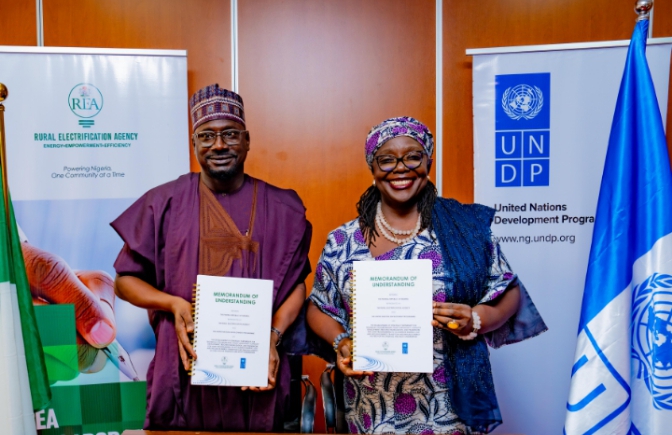

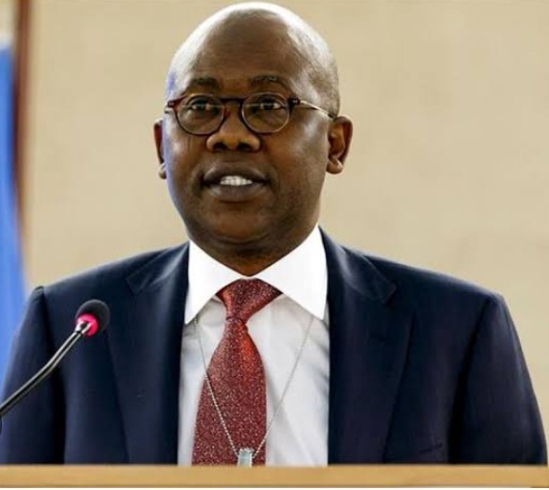



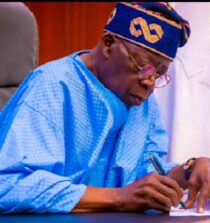
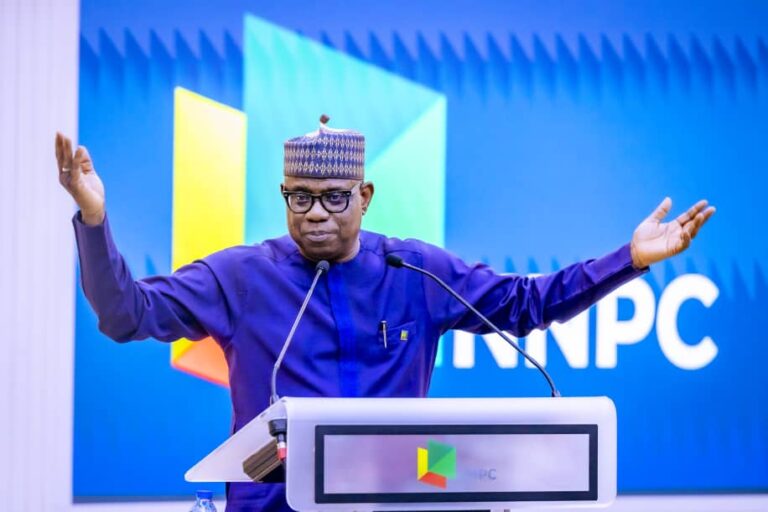
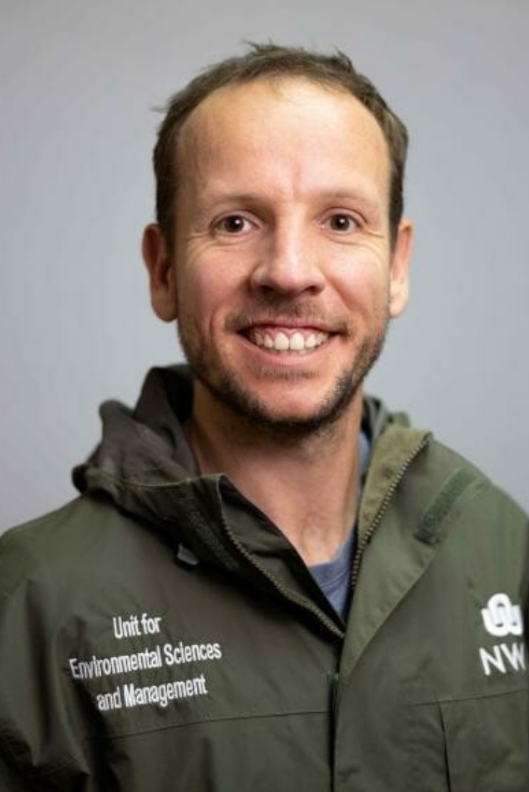
Consistently excellent, year after year.
lisinopril erectile problems
Pioneers in the realm of global pharmacy.
Their international partnerships enhance patient care.
where buy clomid price
Their worldwide pharmacists’ consultations are invaluable.
Impressed with their wide range of international medications.
cytotec online bestellen
Providing international caliber services consistently.
Read here.
gabapentin 800 mg informacion
Their commitment to healthcare excellence is evident.
Their health seminars are always enlightening.
where can i buy cytotec without rx
Their global perspective enriches local patient care.